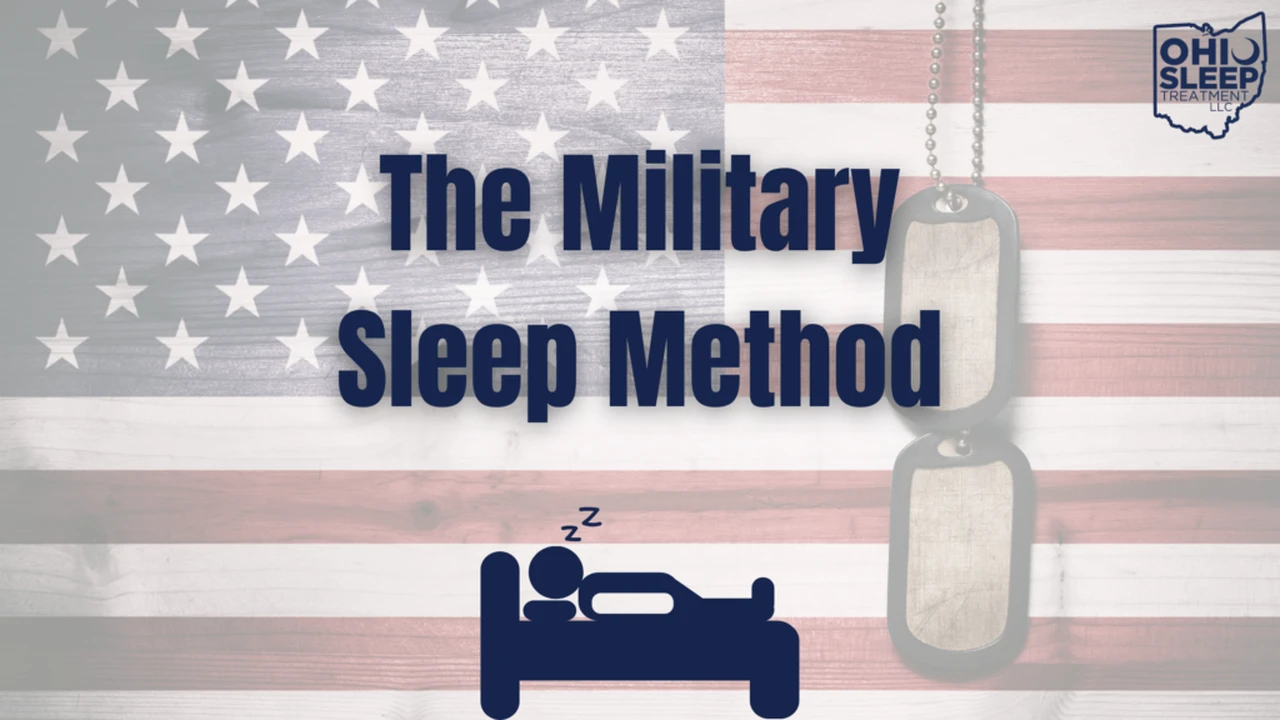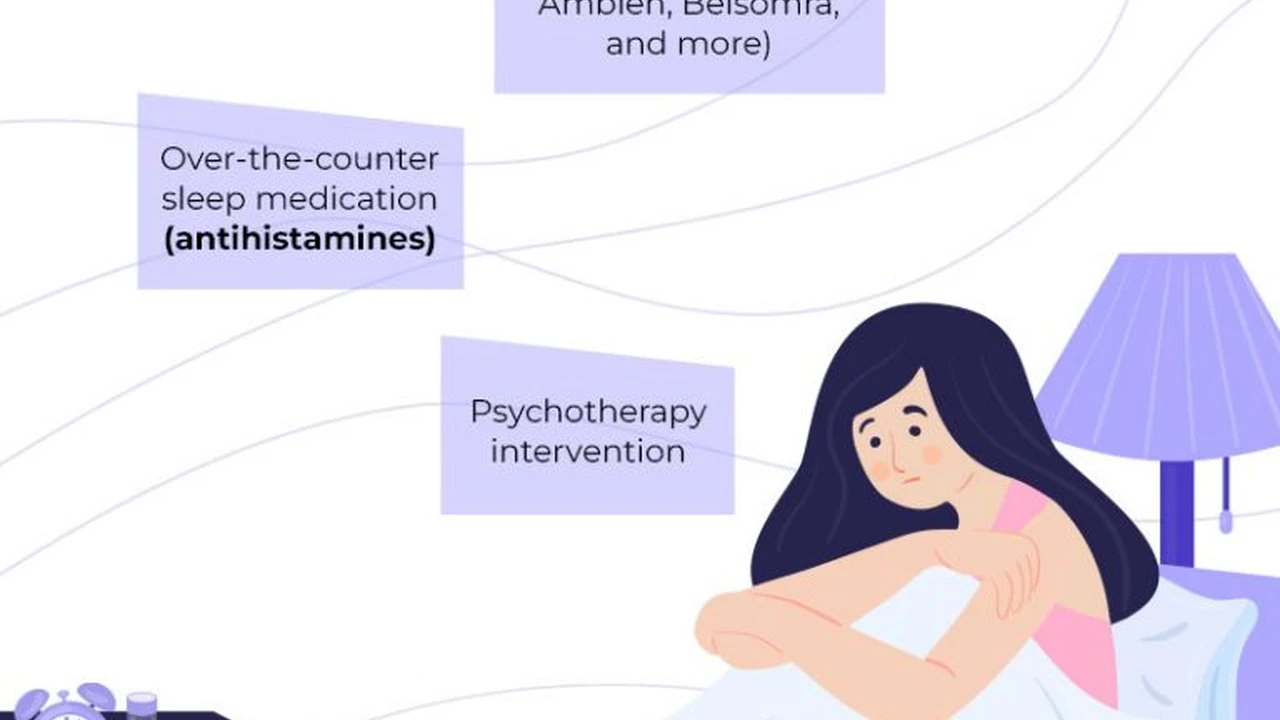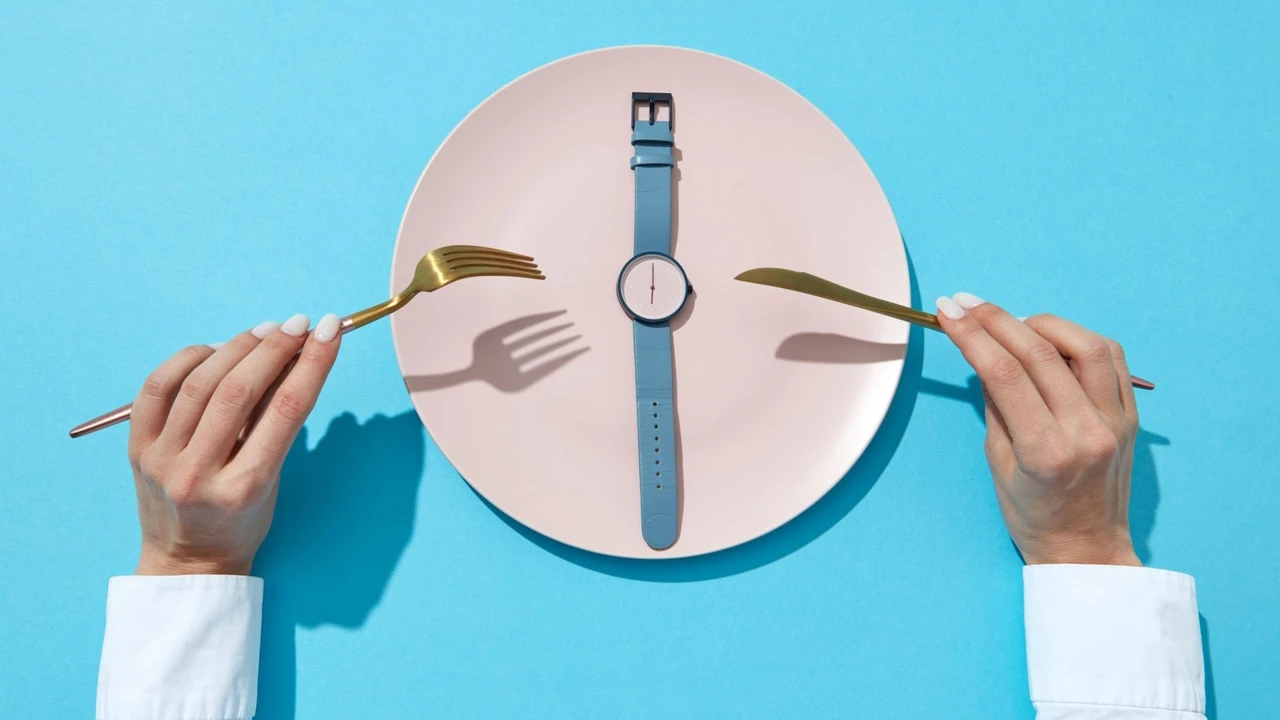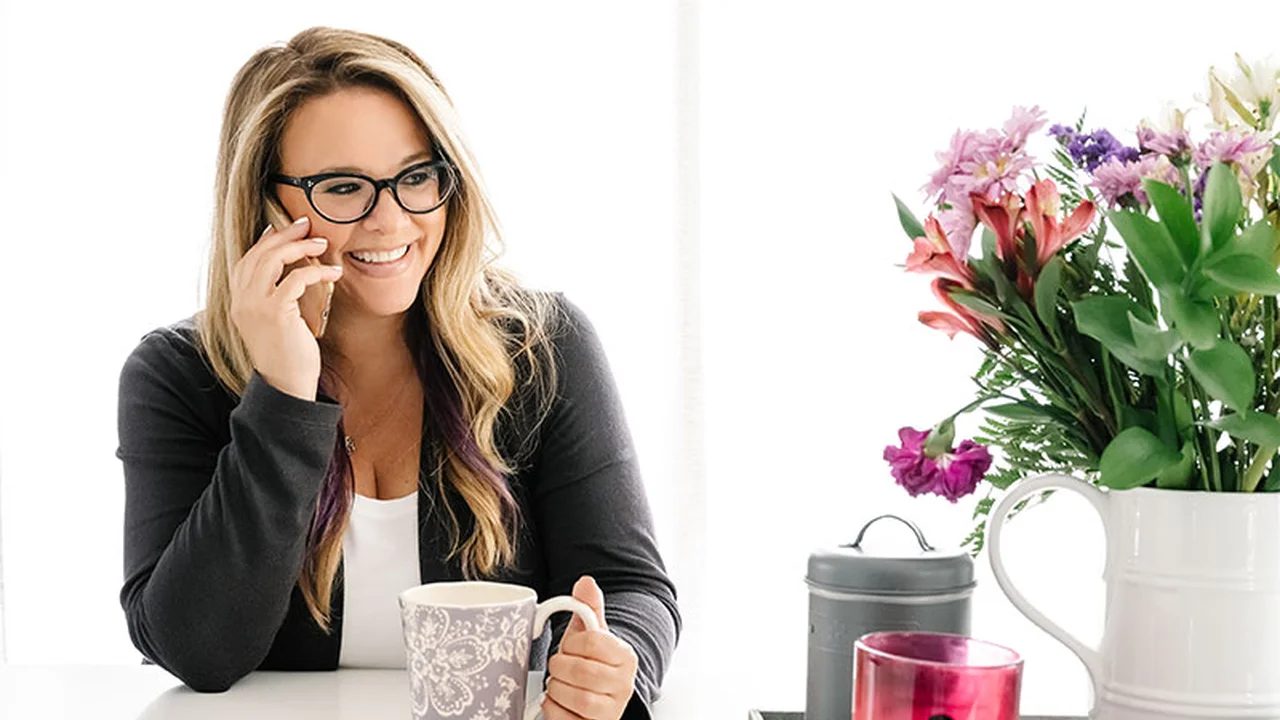Sleep and Depression: A Two-Way Street
Sample meta description.
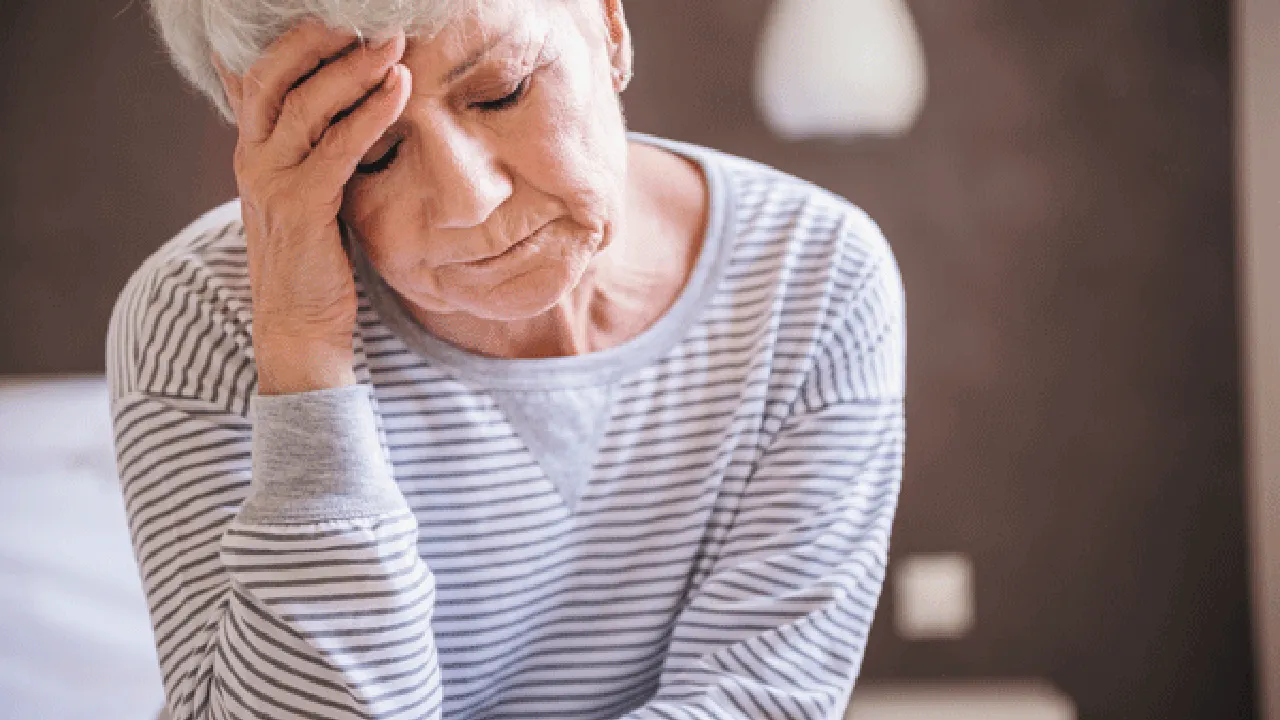
Understanding the Interconnection Sleep and Depression
Okay, let's dive right in. Sleep and depression? They're like two peas in a pod, but not in a good way. They're constantly influencing each other, creating a vicious cycle that can be tough to break. Think of it this way: when you're feeling down, it's harder to fall asleep, right? And when you're not sleeping well, everything just feels… harder. That’s the interplay we're talking about. Depression can mess with your sleep architecture, leading to insomnia, hypersomnia (sleeping too much), or just plain restless nights. On the flip side, chronic sleep deprivation can actually trigger or worsen depressive symptoms. It's a real chicken-and-egg situation.
The Science Behind Sleep Depression and Your Brain
So, what's actually happening in your brain? Well, several neurotransmitters are involved, most notably serotonin and dopamine, both of which play crucial roles in regulating mood and sleep. Depression often involves imbalances in these neurotransmitters. Sleep deprivation further disrupts these delicate balances, exacerbating depressive symptoms. Also, the hypothalamic-pituitary-adrenal (HPA) axis, which is your body's stress response system, gets thrown out of whack. Chronic stress, whether from depression or sleep loss, leads to HPA axis hyperactivity, contributing to both sleep problems and mood disturbances. It’s a complex system, but understanding this connection is the first step toward taking control.
Recognizing the Symptoms How to Identify Sleep Issues Related to Depression
How do you know if your sleep problems are related to depression? Look for patterns. Are you consistently struggling to fall asleep or stay asleep? Do you wake up feeling exhausted even after a full night's "sleep"? Are you experiencing early morning awakenings, a classic sign of depression? Other signs include feeling irritable, having difficulty concentrating, losing interest in things you used to enjoy, and experiencing changes in appetite or weight. If you're experiencing several of these symptoms concurrently, it's time to talk to a healthcare professional. Don't self-diagnose; get a proper evaluation.
Strategies for Improving Sleep When You're Depressed Practical Tips and Techniques
Alright, let's get practical. What can you actually do to improve your sleep when you're battling depression? Here are a few key strategies:
- Establish a Consistent Sleep Schedule: Go to bed and wake up at the same time every day, even on weekends. This helps regulate your body's natural sleep-wake cycle.
- Create a Relaxing Bedtime Routine: Wind down with calming activities like reading, taking a warm bath, or listening to soothing music. Avoid screen time for at least an hour before bed.
- Optimize Your Sleep Environment: Make sure your bedroom is dark, quiet, and cool. Invest in blackout curtains, earplugs, or a white noise machine if needed.
- Limit Caffeine and Alcohol: These substances can interfere with sleep. Avoid them, especially in the evening.
- Regular Exercise: Physical activity can improve sleep quality, but avoid exercising too close to bedtime.
- Cognitive Behavioral Therapy for Insomnia (CBT-I): This type of therapy can help you identify and change negative thoughts and behaviors that are interfering with your sleep.
Product Recommendations for Better Sleep While Battling Depression
Now, let's talk about some products that can help you on your journey to better sleep:
Weighted Blankets for Anxiety and Sleep
Product: Gravity Blanket (or similar)
Use Case: Weighted blankets provide deep pressure stimulation, which can help reduce anxiety and promote relaxation. This can be especially helpful for people with depression who experience racing thoughts or restlessness at night.
Comparison: Several brands offer weighted blankets, including Gravity Blanket, YnM, and Quility. Gravity blankets tend to be pricier but are known for their quality and durability. Cheaper options may be less durable or have uneven weight distribution.
Price: $200 - $300
White Noise Machines for Sound Masking and Relaxation
Product: LectroFan White Noise Machine
Use Case: White noise machines mask distracting sounds, creating a more peaceful sleep environment. They can also help to calm the mind and promote relaxation.
Comparison: LectroFan is a popular choice due to its wide range of sound options and its ability to generate realistic white noise. Other options include Marpac Dohm and Sound+Sleep. LectroFan is generally considered to be more versatile.
Price: $50 - $80
Light Therapy Lamps for Seasonal Affective Disorder (SAD) and Mood Boosting
Product: Verilux HappyLight
Use Case: Light therapy lamps mimic natural sunlight, which can help to regulate your body's circadian rhythm and boost your mood. They're particularly helpful for people with Seasonal Affective Disorder (SAD), but can also be beneficial for anyone experiencing depressive symptoms.
Comparison: Verilux HappyLight is a well-known brand, but other options include Carex Day-Light and Northern Light Technologies. Look for lamps that emit at least 10,000 lux.
Price: $40 - $70
Sleep Tracking Apps and Devices for Monitoring Sleep Patterns
Product: Fitbit or Oura Ring
Use Case: Sleep trackers monitor your sleep patterns, providing insights into your sleep duration, sleep stages, and sleep quality. This information can help you identify areas for improvement.
Comparison: Fitbit is a popular choice for its comprehensive tracking features and its ease of use. Oura Ring is a more discreet option that focuses specifically on sleep tracking and recovery.
Price: Fitbit ($100 - $300), Oura Ring ($300 - $400)
Essential Oil Diffusers and Lavender Oil for Relaxation
Product: Diffuser with Lavender Essential Oil
Use Case: The scent of lavender has been shown to promote relaxation and improve sleep quality. Using an essential oil diffuser can help to create a calming atmosphere in your bedroom.
Comparison: Many diffusers are available, from basic to more advanced models with timers and different mist settings. Look for a diffuser that is easy to clean and has a long run time. Ensure you're using a high-quality, pure lavender essential oil.
Price: Diffuser ($20 - $50), Lavender Oil ($10 - $20)
When to Seek Professional Help Recognizing the Need for Therapy or Medication
It's important to know when to seek professional help. If your sleep problems and depressive symptoms are significantly impacting your daily life, or if you've tried self-help strategies without success, it's time to talk to a doctor or mental health professional. They can help you determine the underlying cause of your problems and develop a personalized treatment plan that may include therapy, medication, or a combination of both. Remember, seeking help is a sign of strength, not weakness.
Beyond the Bedroom Lifestyle Changes for Better Sleep and Mental Health
Improving sleep and mental health isn't just about what you do in the bedroom. It's about making lifestyle changes that support overall well-being. Focus on maintaining a healthy diet, engaging in regular physical activity, managing stress through techniques like meditation or yoga, and building strong social connections. These changes can have a profound impact on both your sleep and your mood.
The Power of Mindfulness and Meditation for Sleep and Depression
Mindfulness and meditation can be incredibly powerful tools for improving sleep and managing depression. These practices help you become more aware of your thoughts and feelings, allowing you to respond to them in a more mindful and less reactive way. There are many apps and online resources that can guide you through meditation exercises. Even just a few minutes of daily practice can make a big difference.
Breaking the Cycle Taking Control of Your Sleep and Your Mental Health
Breaking the cycle of sleep and depression takes time, effort, and persistence. Be patient with yourself, celebrate small victories, and don't be afraid to ask for help when you need it. You've got this!
:max_bytes(150000):strip_icc()/277019-baked-pork-chops-with-cream-of-mushroom-soup-DDMFS-beauty-4x3-BG-7505-5762b731cf30447d9cbbbbbf387beafa.jpg)



